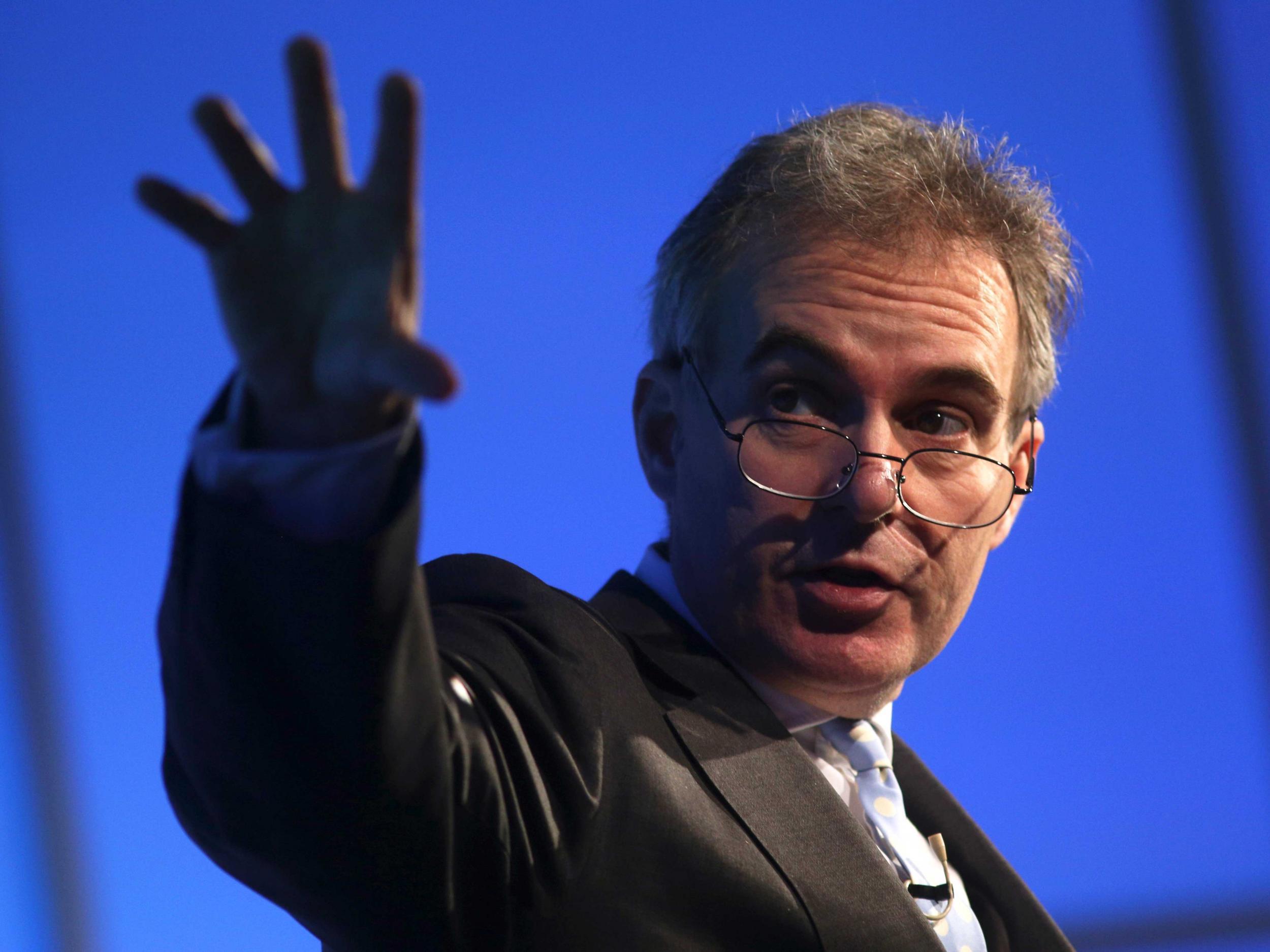Bank of England deputy says interest rate rise means pain for households and more hikes could be in store
‘We anticipate a couple more rate rises to get inflation back on track,’ Ben Broadbent says

Households will experience pain due to the first interest rate rise in a decade, a deputy governor of the Bank of England has warned, signalling that more hikes are likely to be required.
Until this week, Ben Broadbent had consistently voted against raising the Bank’s benchmark interest rate, but he said on Friday that “we anticipate a couple more interest rate rises” to combat rising inflation.
Mr Broadbent’s comments came after the Bank raised interest rates from 0.25 per cent to 0.5 per cent on Thursday – the first increase since July 2007. The decision reversed a cut made last year in the aftermath of the Brexit vote amid fears for the health of the economy.
Questioned about the pain the hike would cause households that are already seeing their wages squeezed, the deputy governor said: “There will be some and it’s one part of how monetary policy works. Equally one should keep this in context.
“Around a third of households have owner-occupied mortgages. Interest payments on debt – in aggregate – for households, are lower than they’ve ever been, relative to income, and this is a moderate rise.”
Mr Broadbent said that Brexit “is clearly having some effects on the economy”.
He added: “We think investment is weaker than it would otherwise have been. Obviously consumption has been affected significantly by the squeeze on real incomes that results from last year’s referendum.”
Explaining his vote to raise rates, Mr Broadbent said: “Following the referendum, sterling's exchange rate fell very sharply, that's pushed up import prices and with it the rate of inflation.
He said the effects of Brexit would “stay in the inflation rate for some time to come”.
“And while one can tolerate above-target inflation, the MPC [Monetary Policy Committee] is inclined to accept that for as long as there is also quite a lot of spare capacity in the economy on high unemployment for example – that was the case back in 2011-12 when we had high inflation.
“That has become less and less the case over time including through the course of this year.”
That spare capacity has diminished as unemployment has fallen to a 42-year low. This fact combined with higher inflation meant that interest rates needed to go up, Mr Broadbent said.
Despite the rate rise, the pound fell against the dollar and the euro on Thursday. Financial markets interpreted the Bank’s message about the future of the British economy as being cautious, implying that the pace of future rate rises would be slower than had been expected.
Reiterating the MPC’s position, Mr Broadbent said: “Given our outlook currently we anticipate a couple more rate rises to get inflation back on track, while at the same time supporting the economy. That is not a promise and it never could be a promise, and that’s not what the Governor [Mark Carney] said yesterday either.”
Subscribe to Independent Premium to bookmark this article
Want to bookmark your favourite articles and stories to read or reference later? Start your Independent Premium subscription today.

Join our commenting forum
Join thought-provoking conversations, follow other Independent readers and see their replies